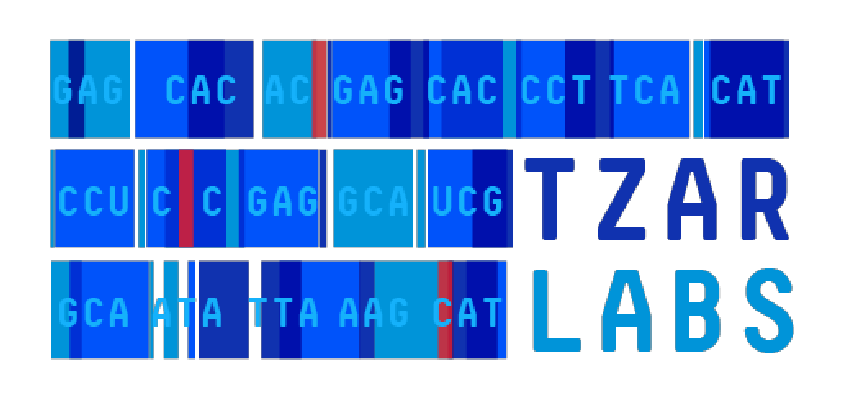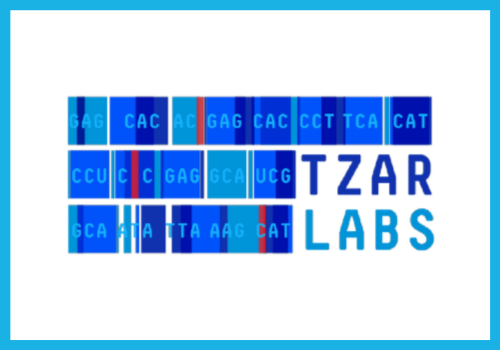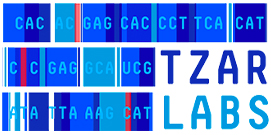The Science
Background
The HrC and Onco B3 technologies are based upon research conducted by a team of scientists in India, headed up by the late Dr V K Tripathi. Brothers Anish & Ashish Tripathi setup a diagnostic laboratory in Mumbai to initially launch The HrC Test, a simple blood test for the early detection of cancer.
The HrC Test is named after their brother-in-law, the late Himanshu Roy, IPS. They lost him to cancer in 2018.
Epigeneres Biotech
Both HrC & Onco B3 have been co-developed by Singapore-based Tzar Labs (owner of the IP) and Mumbai-based Epigeneres Biotech.
Epigeneres Biotech is a diagnostic and molecular-medicine company, exclusively licencsed by Tzar Labs to provide their proprietory technology in India.
Epigeneres specialise in novel onco-biomarkers for screening and early-detection of cancer. These onco-biomarkers are associated with pathways and cellular processes such as cancer stemness, microRNAs, metabolism, epigenetics, sustained growth signalling, etc.
Epigeneres has setup a state-of-the-art laboratory in Lower Parel (Mumbai), which includes technology platforms like DDPCR, Flow Cytometry, Next Generation Sequencing (NGS) and Optical Spectroscopy. It is GMP, GLP, ISO 9001:2015, HACCP certified.
The Breakthrough
The breakthrough technology developed by Tzar & Epigeneres is based on the hypothesis that very small embryonic-like stem cells (VSELs), residing in multiple tissues, undergo epigenetic changes and get transformed into Cancer Stem Cells (CSCs).
In cancer patients, CSCs from impacted organs in the body get mobilised into circulation in increasing numbers and can be detected by The HrC Test.
Unique features of HrC include:
- It is the World’s first pan-cancer screening test implying that conceptually it will detect most cancers in the body using a simple, non-invasive approach.
- CSCs get mobilised at very initial stage of cancer development unlike CTCs and ctDNA which are detected only when the tumour becomes detectable through PET.
It is based on a combination of certain genetic biomarkers that indicate the key hallmarks of cancer. Since it is a non-invasive and safe test, it can be taken as frequently as deemed necessary. The suggested frequency of testing depends on the HrC Score, which is a numeric indicator based on the combination of genes and their relative expressions.
Indian Clinical Study, 2018
In 2018, a double-blinded, CTRI registered, 1,000-subject clinical study was conducted in India, encompassing over 25 different
types of cancer and investigated the potential of pluripotency markers for cancer diagnosis. In a prior study of 120 known cancer patients, it was observed that pluripotency expression in peripheral blood correlated well with the absence, imminence, or presence of cancer, and if present, it correlated with its indicative stage. Based on these results, a proprietary HrC Scale was developed wherein the fold-change of onco-biomarkers was linked to patient status.
As a result of this study the following paper was published in Stem Cell Reviews and Reports:
‘Quest for Pan-Cancer Diagnosis/Prognosis Ends with HrC Test
Measuring Oct4A in Peripheral Blood’
Onco B3 - Blood Based Biopsy
Onco B3 is based on analysis of whole transcriptome (WT) using the Next Generation Sequencing (NGS) technology platform.
NGS is a highly sensitive cutting-edge technology, and is performed
on extracted RNA from enriched Pluripotent Progenitor Stem Cells from peripheral blood.
RNA is subjected to WT sequencing using the latest Illumina platform. WT gives information about gene expressions and pathways.
This test may identify existing and potential cancer risk and provide assistance in assessing effectiveness of treatment.
Results are expressed in the form of a risk assessment and an indication for cancer risk based on gene-disease and organ-gene associations provided in standard databases.
The report is intended for the use of a medical practitioner only.
HrC Test Overview
Pluripotent Progenitor Stem Cells
The breakthrough made by Dr Tripathi and his team was to discover that Pluripotent Progenitor Stem Cells, once thought to only reside in organ tissue, were also present in peripheral blood.
For Onco B3, the Pluripotent Progenitor Stem Cells were of particular interest as these stem cells carry tissue specific signatures from the organ of origin.
Therefore, if these stem cells were identified as being cancerous it is known from which organ in the body they had originated from.
Onco B3 is a comprehensive genomolecular analysis of these cells using NGS data focused on two components.
First it looks at Pathways-in-Cancer (PIC) risk and examines these genetic pathways which get implicated during tumorigenesis.
The second analysis uses Tzar Labs’ proprietary Cancer Gene Panels (Cancer Risk) which also indicate underlying risk of cancer presence.
Both analyses use whole transcriptome data derived from Pluripotent Progenitor Stem Cells enriched from peripheral blood through Tzar Labs’ patented technology.
In March 2023, Tzar Labs published the following paper in the Oxford University Press, which discloses the science behind the technology:
‘Very Small Embryonic-Like Stem Cells Transform Into Cancer Stem Cells and are Novel Candidates for Detecting/Monitoring Cancer by a Simple Blood Test’







